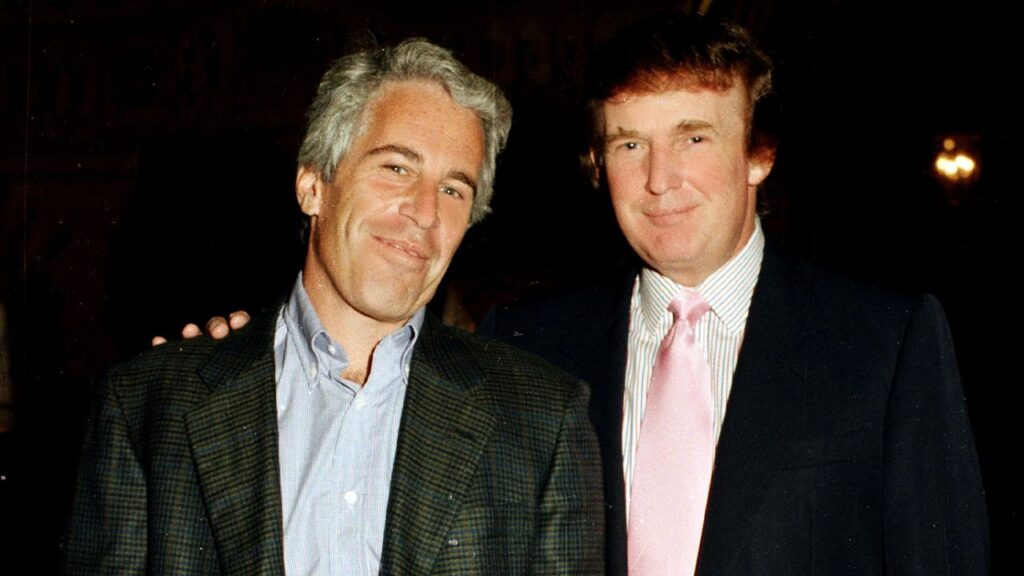After months of buildup—and a steady drip of revelations that became a political liability for President Donald Trump—the House of Representatives on Tuesday passed a bill demanding the Department of Justice release all its files related to the convicted pedophile and sex trafficker Jeffrey Epstein.
The president and members of his party had intensely fought the bill, which was introduced by Democrat Ro Khanna and Republican Thomas Massie over the summer after the Department of Justice and the FBI announced that the DOJ had no evidence Epstein had been killed in prison, and no evidence implicating others in his crimes that would warrant an investigation. But after the issue created fractures within Trump’s base—and a batch of emails released by the House Oversight Committee inspired renewed scrutiny on the relationship between Trump and Epstein—the president did an about-face and joined calls for their release. “We have nothing to hide,” he said over the weekend, despite previously personally lobbying House Republicans not to vote in favor of releasing the files.
That paved the way for a near-unanimous vote in favor of the Khanna-Massie legislation, with even House Speaker Mike Johnson—who had delayed swearing-in Democrat Adelita Grijalva, who provided the final signature on the discharge petition that forced a full House vote—supporting it. So, what happens now? Let’s talk through it, piece by piece.
What’s in the resolution?
The bipartisan bill calls on the DOJ to release “all unclassified records, documents, communications, and investigative materials” relating to the Epstein case and his 2019 death in prison. (There are an estimated 100,000 pages of materials in total related to the case.)
Epstein’s death, during Trump’s first term, was ruled a suicide. But its mysterious nature and his connections to the wealthy and powerful—including Trump and former president Bill Clinton—made it a source of continued political intrigue, as well as conspiracy theories.
The Epstein case had been an especially animating force on the right. Many of Trump’s supporters believed Trump would reveal the files if reelected in 2024; in February, Attorney General Pam Bondi had said that Epstein’s client list was sitting on her desk awaiting review, but she later said that she was referring to general case files on her desk, not an actual client list. Her abrupt about-face over the summer frustrated many in MAGA world and drew criticism from Democrats, who have since spent months drawing attention to Trump’s long-standing friendship with Epstein.

